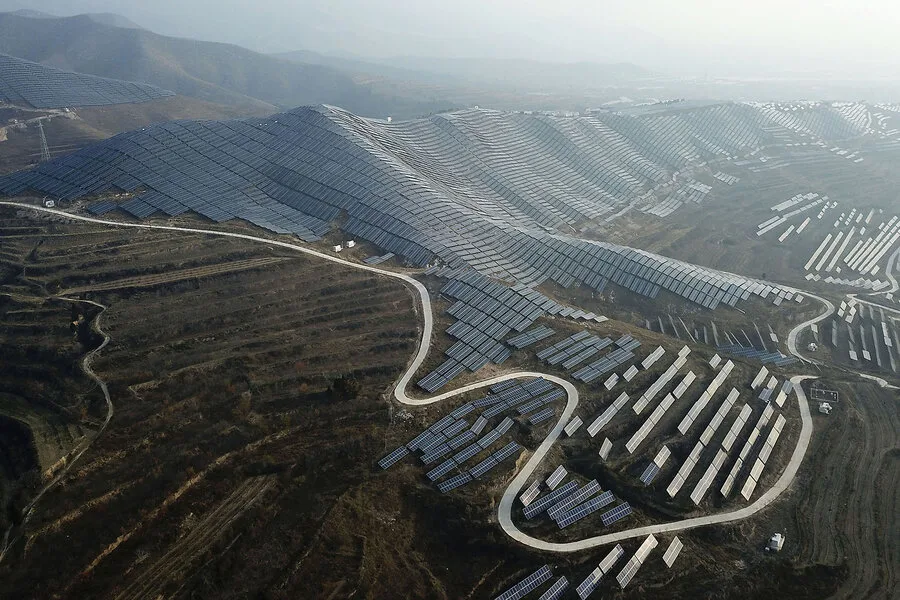Introduction
China’s role in global green energy initiatives has faced challenges recently, raising concerns about the environmental and economic implications of potential setbacks. This article explores the impact of measures that could hinder China’s green energy progress and their broader consequences for the planet.
Key Points
- Importance of China’s Green Energy: China’s significant contribution to global renewable energy targets.
- Challenges Faced: Recent regulatory and economic obstacles impacting green energy initiatives.
- Environmental Impact: Consequences of reduced investment in green technologies and renewables.
- Global Implications: How China’s green energy policies affect global climate goals.
- Future Outlook: Predictions on the trajectory of China’s green energy sector and potential solutions.
Insights
The stifling of China’s green energy boom could not only undermine local environmental efforts but also have far-reaching repercussions for global climate initiatives.
Content Details
Importance of China’s Green Energy
China plays a pivotal role in global renewable energy efforts, with ambitious targets to reduce carbon emissions and increase renewable energy capacity. Its investments in solar, wind, and hydroelectric power have been crucial in advancing global sustainability goals.
Challenges Faced
Recent regulatory changes and economic pressures have posed challenges to China’s green energy sector. Policy shifts, subsidy reductions, and economic slowdowns have impacted investment confidence and slowed the pace of renewable energy expansion.
Environmental Impact
A slowdown in China’s green energy investments could lead to increased reliance on fossil fuels, exacerbating air pollution and greenhouse gas emissions. This could hinder progress towards mitigating climate change and achieving international climate agreements.
Global Implications
China’s decisions regarding green energy have significant global implications. As the world’s largest emitter of greenhouse gases, its ability to transition to clean energy sources is critical for global climate stability. Setbacks in China’s green energy sector could undermine global efforts to limit temperature rise and mitigate environmental damage.
Future Outlook
The future of China’s green energy sector hinges on policy stability, technological advancements, and international cooperation. Optimizing investment frameworks, enhancing technological innovation, and strengthening global partnerships are essential to overcoming current challenges and achieving sustainable development goals.
Analysts’ Perspectives
Analysts and environmental experts offer varying perspectives on the impact of potential setbacks in China’s green energy sector. Some believe that policy adjustments could stimulate innovation and efficiency, while others warn of prolonged environmental and economic consequences if green energy initiatives falter.
Conclusion
Stifling China’s green energy boom poses significant risks to both local and global environmental efforts. As China navigates challenges in its green energy sector, the implications for global climate goals underscore the urgent need for proactive policy measures and international collaboration.
FAQs
Q: Why is China’s green energy sector important?
A: China’s green energy sector is crucial for global efforts to combat climate change, as it is the world’s largest emitter of greenhouse gases and plays a key role in renewable energy adoption.
Q: What challenges does China face in its green energy initiatives?
A: China faces challenges such as policy shifts, subsidy reductions, and economic pressures that impact the pace and scale of its renewable energy expansion.
Q: How does China’s green energy policy affect global climate goals?
A: China’s decisions on green energy investments significantly influence global climate goals by impacting global greenhouse gas emissions and renewable energy adoption rates.
Q: What can be done to support China’s green energy transition?
A: Supporting China’s green energy transition requires stable policy frameworks, technological innovation, and international cooperation to accelerate renewable energy adoption and reduce carbon emissions.



